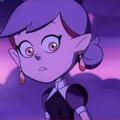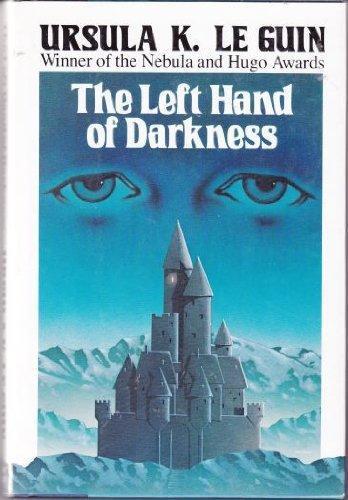Orlion reviewed The Left Hand of Darkness by Ursula K. Le Guin
Review of 'The Left Hand of Darkness' on 'Goodreads'
4 stars
Here it is... this infamous volume of feminist sci-fi that I have found my younger contemporaries have never heard about. Which I find shocking, as this book is trumpeted as an infamous volume of feminist sci-fi literateur. Does it deserve this reputation? Does it deserve the Nebula and Hugo award that it concurrently? Is that even an indication of quality since garbage like Ender's Game seems able to.... but I digress.
The Left Hand of Darkness follows (mostly) Genly Ai, an Envoy originally from Terra (code for our world!) sent to the creatively named planet of Winter to try and convince them to join a planetary union known as the Ekumen. On Winter, Ai must find a way to navigate the strange, alien politics to achieve his goal without being killed in the process.
And what's so strange about this society that the politics would be hard to navigate? Well, get ready for the gimmick here, because it will blow your mind if Harold Bloom can be believed (that pretentious bastard). On Winter, there is no such thing as gender. Everybody is mostly sexless except for at certain times of the month when they go into 'kimmering'. While in kimmer, they hook up with other kimmerlings and, depending on the hormones of the participants, one will be the male and the other female as they have wanton, progressive alien sex until their hormones calm down and they return to their sexless self.
That's the gimmick in this novel... well, that and it's really cold on this planet. I call this a gimmick because that is the function this plays in the book. The Left Hand of Darkness is what would be commonly known at the time as a sort of 'science fiction travelogue' which combines generic science fiction adventure with new, wondrous world with new wondrous beings.
And, as such, it works very well. You get a sense of the landscape, cultures, and society of this planet. Further, there really is no generic science fiction adventure in this. If anything, the conflict is between Ai and his sense of identity as a 1)Freak of nature and 2) Exile cut off from his own kind. And LeGuin handles his development masterfully without having to resort to 'space sex' as her contemporaries would/do... all...the... time...
I can not see this as breaking new grounds with 'gender norms' in science fiction. To tell the truth, the inhabitants of Winter are mostly portrayed as men. The only femininity they possess seems to be that of a eunuch's quality. But it does deserve a place as one of the classics of science fiction, and no doubt acted as a stepping stone for Le Guin to find her voice and the themes she would visit in later writings.

